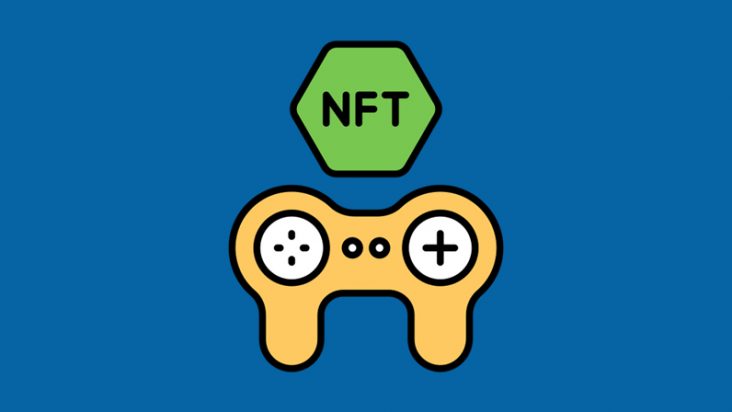Responsible Gambling and Compliance in the iGaming Industry

The Materials section is a rich resource for individuals and organizations with a focus on data.
With thoughtfully curated articles, timely data releases, and a store stocked with ready-to-use data sets, this section caters to your data needs, empowering you to succeed in the dynamic world of data.
Our company information section provides comprehensive information about our services, pricing, team information, and contact details.
We aim to provide our visitors with all the information they need to make informed decisions about our services and build a strong relationship with our team.


The regulatory landscape for responsible gambling varies significantly across jurisdictions, but certain frameworks have set benchmarks for the global industry. Key examples include:
The Interstate Wire Act was initially created to combat organized crime by prohibiting the use of wire communications for transmitting betting information across state lines. For decades, it was interpreted broadly to apply to all forms of online gambling. However, in 2011, the U.S. Department of Justice clarified that the Wire Act applies only to sports betting, opening the door for states to legalize and regulate other forms of online gambling, such as poker and online casinos. This reinterpretation allowed states like Nevada, New Jersey, Delaware, and Pennsylvania to establish regulated online gambling markets.
The UIGEA of 2006, often misunderstood as a ban on online gambling, focuses on financial transactions. It prohibits gambling operators from accepting payments related to unlawful internet gambling under federal or state law. This law does not criminalize players but holds operators accountable for ensuring compliance with state-specific regulations. UIGEA also sets criteria for legal online gambling, such as requiring age and location verification systems to prevent unauthorized access. Despite initial setbacks caused by the law—such as significant stock declines for major American gaming systems and the withdrawal of many foreign operators—several states have since legalized online gambling and entered into interstate agreements for shared player pools.
State-specific regulations vary widely, reflecting the decentralized nature of gaming law in the U.S. States like Nevada and New Jersey have established comprehensive casino regulations and licensing frameworks, enabling operators to offer a wide range of gambling services. Conversely, states with stricter laws maintain prohibitions on most forms of gambling. Fantasy sports, state lotteries, and tribal gaming operations often have unique exemptions under U.S. gaming law, further diversifying the regulatory landscape.
The fragmented regulatory environment in the U.S. poses challenges for operators seeking to navigate multiple jurisdictions. However, it also fosters innovation and competition, with states like Michigan and West Virginia joining the growing list of regions embracing regulated online gambling. This dynamic landscape continues to evolve, shaped by emerging technologies, shifting societal attitudes, and the efforts of organizations dedicated to responsible gambling practices.
Curacao’s licensing framework facilitates:
To comply with responsible gambling regulations, operators and B2B providers must integrate specific tools and practices into their platforms. These include:
Operating in multiple regions with diverse regulatory requirements presents a significant challenge for iGaming businesses. To maintain compliance, operators must develop flexible systems that can accommodate varying regulations across jurisdictions. Employing specialists who understand local regulations ensures that businesses can proactively address compliance issues. Regular audits and real-time tracking of regulatory updates are essential to remain compliant, enabling operators to swiftly adapt to changes and avoid regulatory breaches.
Non-compliance with responsible gambling regulations can have severe repercussions. Financial penalties imposed by regulators can be substantial, eroding profits and operational budgets. Persistent non-compliance can lead to the suspension or revocation of operating licenses, jeopardizing business continuity and growth. Additionally, publicized violations of responsible gambling regulations can severely damage a company’s reputation, eroding trust among players, partners, and stakeholders and leading to long-term brand damage. Maintaining compliance is therefore not only a legal requirement but also a critical factor in sustaining a successful and ethical iGaming operation.
By prioritizing compliance and integrating responsible gambling principles into their operations, iGaming companies can not only meet regulatory requirements but also build a safer, more sustainable industry.

Web3 games have evolved from being new and largely speculative projects focused on short-term earnings to more mature ecosystems, where blockchain serves both as a financial incentive and as a […]

In the world of Web3 games, the idea of Play-to-Earn has long been perceived as a revolution: players could receive real tokens for in-game activity. In practice, it has become […]

While many Web3 projects remain stuck in a perpetual alpha or beta phase for years, Korean gaming companies continue to regularly release large-scale MMORPGs, relying on well-established development processes and […]

Many modern Web3 projects, especially metaverses and blockchain games, remain in beta testing for years: the team publishes frequent status reports, releases regular updates, promises major releases, yet a full-scale […]

The gaming industry is a form of mass culture, where players have a wide range of abilities. Accessibility is not a “checkbox feature” but a fundamental part of product design: […]

Initially, the term P2E (Play-to-Earn) was primarily associated with token farming: players in Web3 games received rewards simply for spending time in the game, usually through “token farming + selling […]